Literary Criticism / Caribbean & Latin American
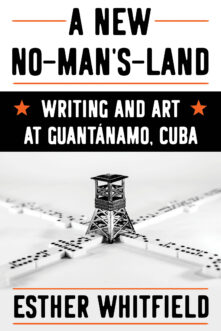

A New No-Man’s-Land
Writing and Art at Guantánamo, Cuba
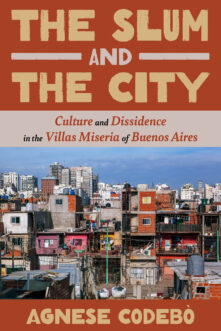

The Slum and the City
Culture and Dissidence in the Villas Miseria of Buenos Aires
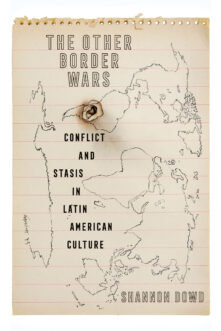

The Other Border Wars
Conflict and Stasis in Latin American Culture
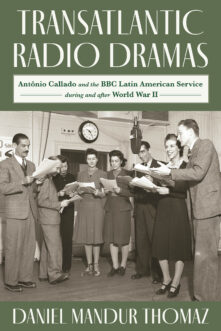

Transatlantic Radio Dramas
Antônio Callado and the BBC Latin American Service during and after World War II
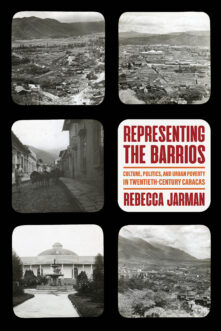

Representing the Barrios
Culture, Politics, and Urban Poverty in Twentieth-Century Caracas
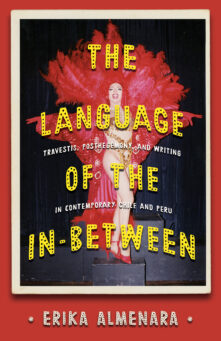

The Language of the In-Between
Travestis, Post-hegemony, and Writing in Contemporary Chile and Peru
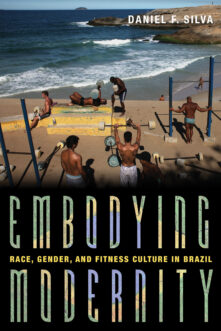

Embodying Modernity
Race, Gender, and Fitness Culture in Brazil
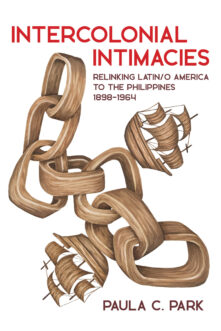

Intercolonial Intimacies
Relinking Latin/o America to the Philippines, 1898-1964
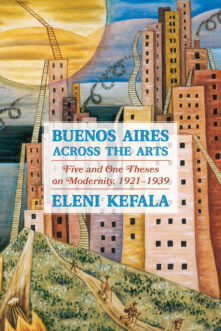

Buenos Aires Across the Arts
Five and One Theses on Modernity, 1921-1939
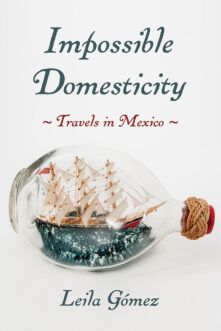

Impossible Domesticity
Travels in Mexico
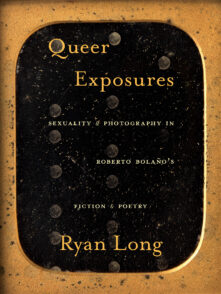

Queer Exposures
Sexuality and Photography in Roberto Bolaño’s Fiction and Poetry
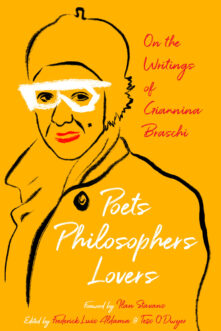

Poets, Philosophers, Lovers
On the Writings of Giannina Braschi
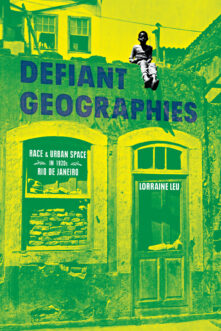

Defiant Geographies
Race and Urban Space in 1920s Rio de Janeiro
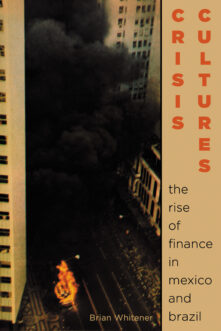

Crisis Cultures
The Rise of Finance in Mexico and Brazil
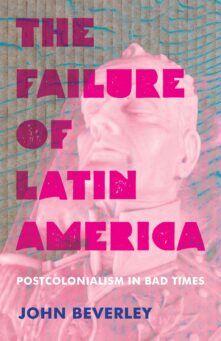

The Failure of Latin America
Postcolonialism in Bad Times
Total 41 results found.

